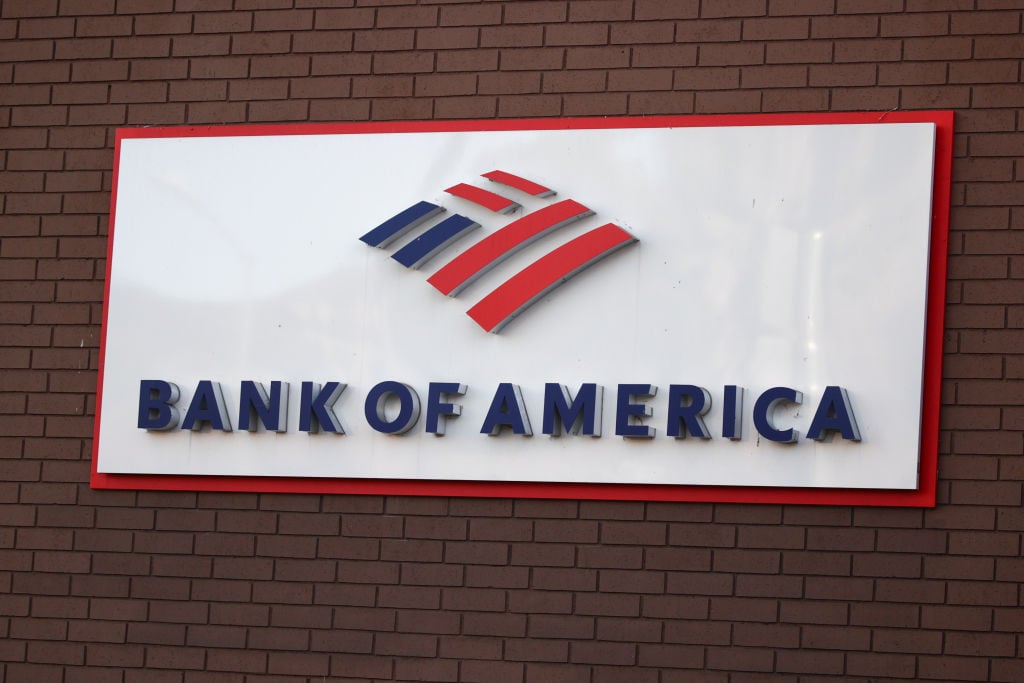Poor Ken Lewis thought he could escape the wrath of shareholders and lawyers by quietly slipping into retirement from his post as Bank of America's (NYSE:BAC) former CEO.
Whoops.
New York Attorney General Andrew Cuomo slapped Lewis and B of A's former CFO (and still employed) Joe Price with civil securities fraud charges stemming from the late-2008 deal to buy Merrill Lynch.
Cuomo's claims go something like this:
- Lewis and Price didn't properly disclose Merrill's losses before shareholders voted to sign the deal.
- They then strong-armed taxpayers into coughing up some $20 billion to help close the deal, threatening regulators that they'd walk unless a big check was written.
"That is just a fraud"
That's what Cuomo said this morning.
But is it? Here's how I see it: Ken Lewis spent almost a decade making massive acquisitions (MBNA, LaSalle, FleetBoston) in order to become as big and burly as Citigroup (NYSE:C) and JPMorgan Chase (NYSE:JPM). For the most part, they worked -- easy money and a booming economy made these deals look like winners.
That gave him undue self-confidence that he was some sort of deal lord, able to buy whatever he wanted for any ludicrous price -- and make it work. (My colleague Matt Koppenheffer gives more detail on these deals here.)
That confidence peaked in 2008 with the Merrill acquisition. Lewis paid a 70% premium to Merrill's previous closing price, and no one -- no one -- could figure out why. This was the same week both Lehman Brothers and AIG (NYSE:AIG) bit the dust. There isn't a single sober person who doesn't think Merrill would have been the next to go. Lewis could have offered John Thain (a former Goldman Sachs (NYSE:GS) exec who was Merrill's then CEO) a few pennies, a cold beer, and maybe an Amazon gift card, and he would have bit. He had to. There was no other option: For Merrill, it was take what B of A offered, or go bankrupt. Ken Lewis just happened to graciously offer a dump truck full of gold -- nearly $50 billion.
Lewis's second (and more serious) fault was buying Merrill to begin with. This is really simple, folks: The reason Wall Street was in hysteria was because everyone finally realized that banks were black boxes of complexity that no one -- not accountants, not lawyers, not bankers -- could decipher. You didn't need inside information to know this. It was in all the papers.
The pillar of this was the sudden awareness that measuring risk was proven beyond doubt to be a faulty, if not preposterous, science. Yet as the bombs were being dropped, Lewis somehow calculated that buying Merrill was an attractive risk to take. And he calculated this impossibility in 24 hours flat.
Here's how I put it last year:
If downside risk in a deal is large enough that it could turn your firm into sawdust, it's not a risk worth taking. And if a CEO is unable to accurately price risk in the first place, the deal should be avoided like the plague. Lewis either took an enormously stupid risk, or he didn't understand the risk to begin with -- both of which seem like grounds for getting the boot.
In any case, here's the deal: Is Lewis a fraudster? I'd say no (and mind you, these are civil, not criminal, charges). All the evidence shows he just made an outrageously stupid decision. Did he harm shareholder by not disclosing losses? For a while, yes. But Lewis is a major shareholder himself. Did he harm taxpayers, who helped finance the deal? Absolutely, but the financing was hardly free. And none of the actions he's charged with benefited him. If he's a fraudster, he isn't a very smart one.
I'm just glad he's gone.







